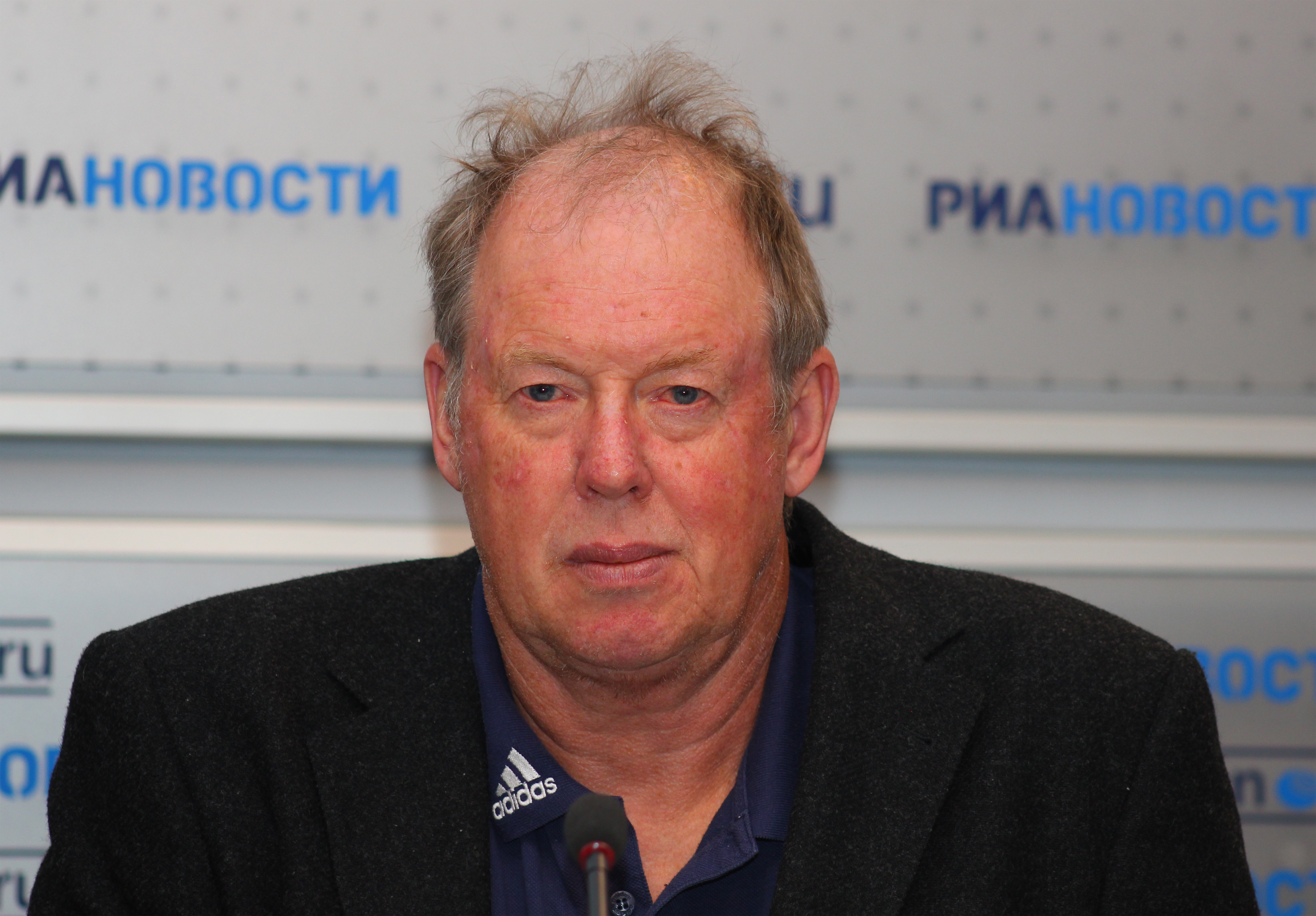
Wolfgang Pichler, the coach of the Swedish women’s biathlon team, will not be allowed to attend the 2018 Olympics in PyeongChang, South Korea. The reason? He previously worked with Russian athletes who have now been convicted of doping violations.
The German rose to prominence as a coach when he led the Swedish team during the time of Magdalena Forsberg, coaching Anna Carin Zidek and Helena Eckholm as well. But he then left the team and decided to go to Russia.
An outspoken critic of doping who had previously called for the Russian team to be excluded from international biathlon for its raft of doping offenses, Pichler went there to clean up. He vowed to work with the women’s team, which he said had a lot of talent, and see what they could accomplish without performance-enhancing drugs.
Unfortunately, as the McLaren Report and now the International Olympic Committee (IOC) Disciplinary Commission investigations have revealed, doping did not stop in Russian biathlon after Pichler’s arrival and his public assertions about how his team would be run.
Several of his former athletes have been disqualified from the 2014 Olympics and all future Games.

That includes Olga Vilukhina, who worked with Pichler at the beginning of his tenure before leaving his group and returning to Russian coach Vladimir Korolkevich.
Korolkevich had also coached several of the Russians caught doping in the past. Indeed, in the run-up to 2014, two of his athletes – Irina Starykh and Ekaterina Iourieva – were caught blood doping, in Iourieva’s case a repeat offense as she had already served a doping suspension. He is also now one of the current leaders of the Russian biathlon team.
Olga Zaitseva, who did continue working with Pichler through his entire tenure with the Russian team, was also recently disqualified by the IOC.
Pichler, who left Russia after 2014 and is now working with the Swedes again, has conceded that things may have happened behind his back. But he has insisted that he had no knowledge of doping among his athletes, and flatly disbelieves that Zaitseva was involved.
“I believe and say today that my team was clean,” he told Sport.de in January, also noting that he supported a ban on Russia competing internationally if the allegations in the McLaren Report were true: “If all that is true, as it has been said, then the Russians should have to take an Olympic break and be excluded.”

Whether he knew what was happening or not matters little. In its December 5 decision suspending the Russian Olympic Committee and mandating that Russian athletes compete in PyeongChang under the moniker “Olympic Athlete of Russia”, the IOC wrote that “No coach or medical doctor whose athlete has been found to have committed an Anti-Doping Rule Violation can be included on the invitation list” to PyeongChang.
That apparently includes Pichler. Reuters reported today that he will not be allowed to travel to the Olympics with his Swedish athletes.
“The Swedish Biathlon Federation still has strong confidence in Wolfgang, who throughout his career advocated for clean sport as an active leader, but accept and understand the IOC’s line that says that leaders who worked with Russian athletes who committed doping offences in conjunction with the Sochi Olympics in 2014 cannot attend Pyeongchang 2018,” the Swedish Biathlon Federation wrote in a press release, according to a translation.
According to Scandinavian media, the decision by the IOC cannot be appealed and the Court of Arbitration for Sport has no jurisdiction. It is not a doping case per se, and ratehr a decision by the IOC about who can be invited to its events.
This creates an unusual situation where coaches of athletes from other countries who have been suspended for doping, such as the coaches of Norwegian cross-country skiers Therese Johaug and Martin Johnsrud Sundby, Austrian cross-country skiers Johannes Düerr and Harald Wurm, or Slovenian biathlete Teja Gregorin, could be present in PyeongChang but Pichler will not.
“I was not involved in any way, not a single percent,” Pichler told Swedish paper Expressen, according to a translation. “It’s true. Everything may happen behind one’s back, of course, but I was not involved in any of it… No one is talking to me. None from [the World Anti-Doping Agency], none from the IOC. No one at all. There was no court process, no one has asked me questions or given me the opportunity to explain. What should I say? in my eyes, I am a victim, maybe a political victim.”
The young Swedish women’s team Pichler is heading may be the real victim. The women have had some strong results recently; 27-year-old Mona Brorsson was sixth in the Östersund 20 k individual, where Linn Persson and Sebastian Samuelson were fifth in the single mixed relay and the mixed relay team was also fifth. Last season, Brorsson, Persson, Hanna Oeberg, and Anna Magnusson were sixth in the women’s relay at World Championships.
“I will prepare the team the best I can,” Pichler told Expressen. “As usual, I will give 150 percent and during the Olympics I can also Skype with them.”
The Swedish team is looking for a solution so that the athletes also have a coach on the ground in PyeongChang.
Chelsea Little
Chelsea Little is FasterSkier's Editor-At-Large. A former racer at Ford Sayre, Dartmouth College and the Craftsbury Green Racing Project, she is a PhD candidate in aquatic ecology in the @Altermatt_lab at Eawag, the Swiss Federal Institute of Aquatic Science and Technology in Zurich, Switzerland. You can follow her on twitter @ChelskiLittle.



